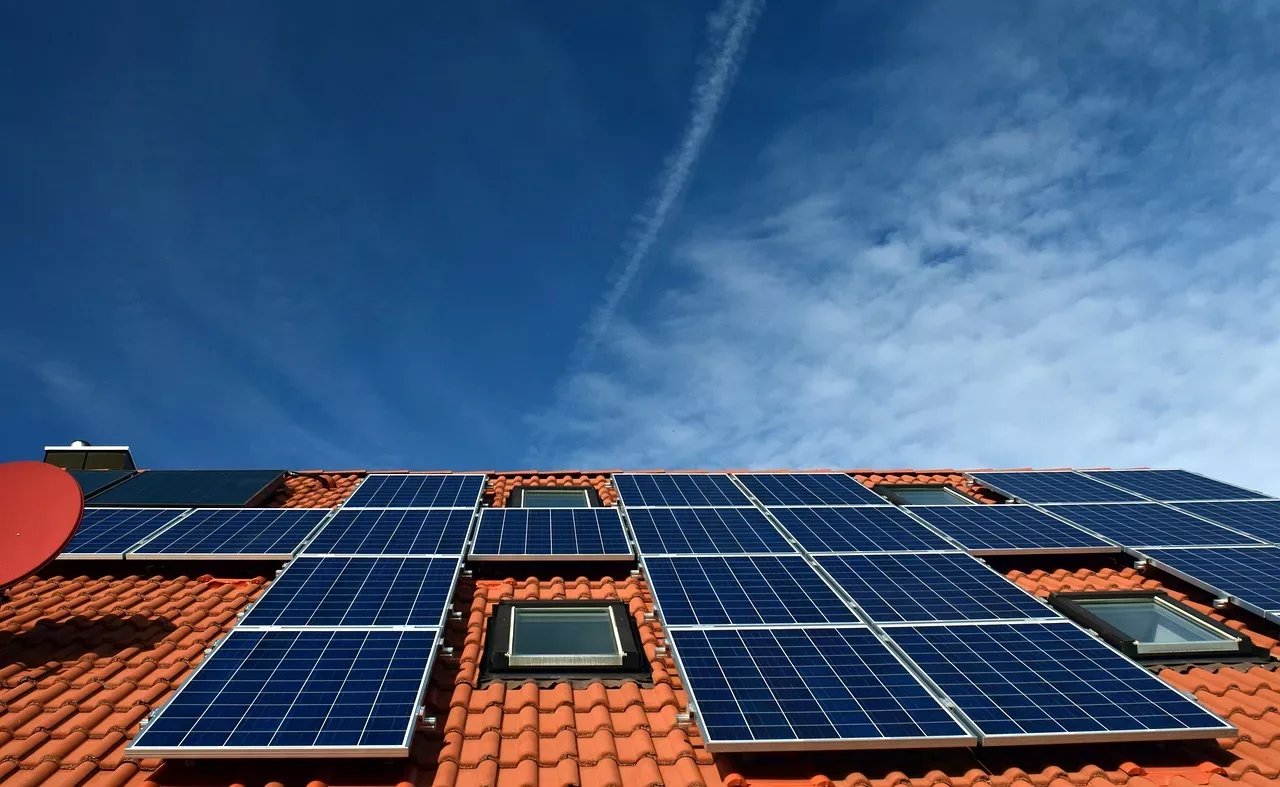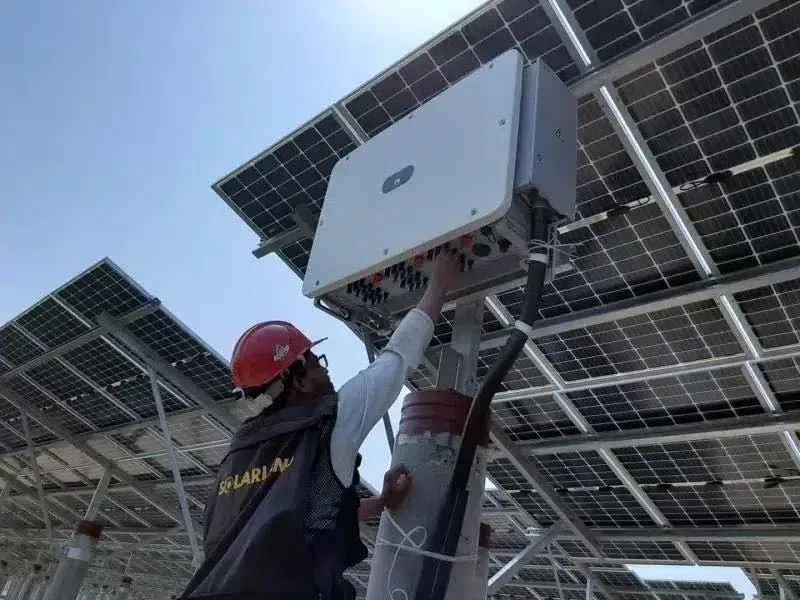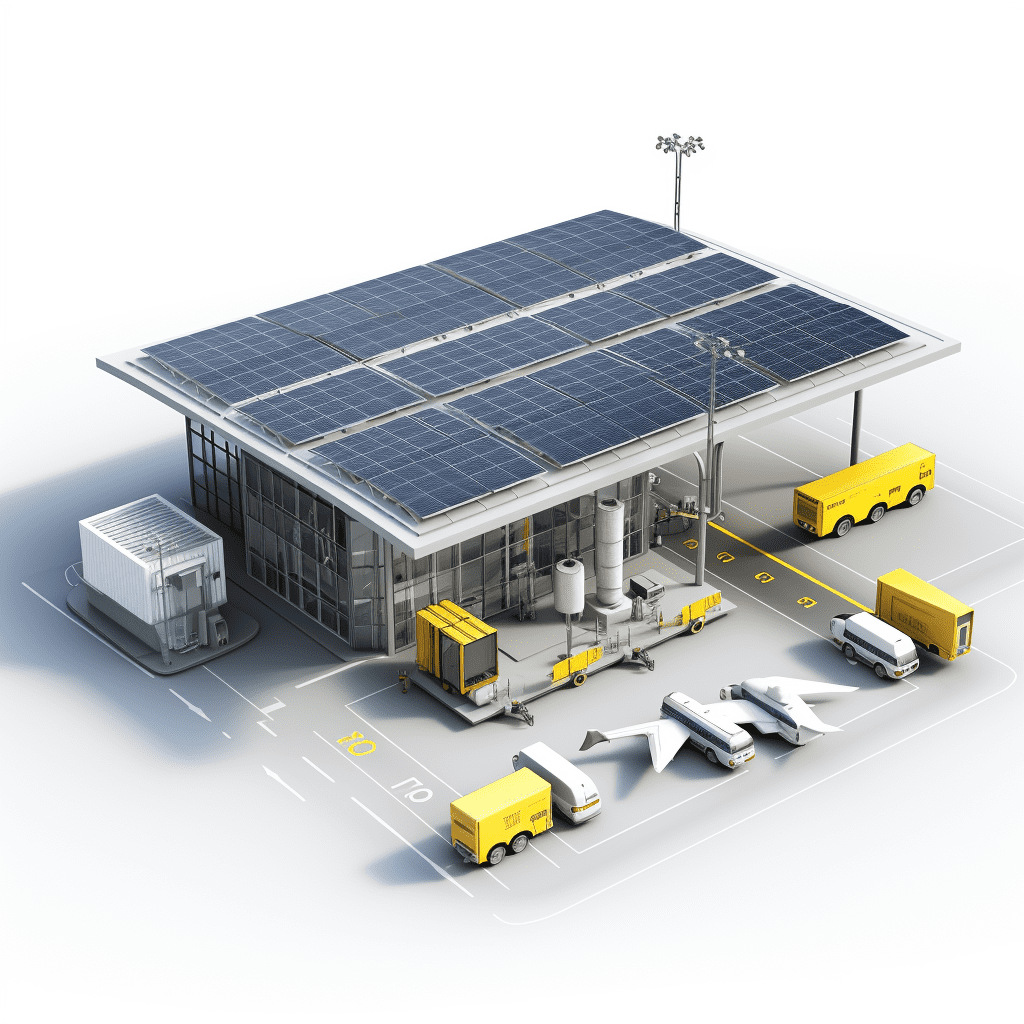Pairing solar panels with battery storage significantly enhances energy efficiency by allowing excess energy generated during the day to be stored for use at night or during cloudy periods. This combination not only maximizes the utilization of renewable energy but also reduces reliance on the grid, leading to lower electricity costs and increased energy independence.
How do solar panels and battery storage systems work together?
Solar panels convert sunlight into electricity, which can be used immediately or stored in batteries for later use. When solar energy is abundant, excess electricity charges the batteries, ensuring that homeowners have power even when sunlight is not available. This synergy between solar panels and battery storage allows for a more reliable and efficient energy supply.
Chart: Energy Flow in Solar + Battery Systems
| Time of Day | Energy Generation | Energy Usage | Energy Stored |
|---|---|---|---|
| Morning | High | Low | Low |
| Afternoon | Very High | Moderate | High |
| Evening | Low | High | Medium |
| Night | None | High | Used |
What is the efficiency of solar battery storage systems?
The efficiency of solar battery storage systems typically exceeds 90%, meaning that a significant portion of the stored energy can be retrieved when needed. This high round-trip efficiency minimizes energy loss during storage and retrieval, making these systems an effective solution for maximizing renewable energy use.
Why is the type of battery important for efficiency?
The type of battery plays a crucial role in determining overall system efficiency. Lithium-ion batteries are favored for their high energy density, longer lifespan, and superior charge/discharge rates compared to traditional lead-acid batteries. They typically offer efficiencies greater than 96%, making them ideal for residential solar applications.
Chart: Comparison of Battery Types
| Battery Type | Efficiency (%) | Lifespan (Years) | Energy Density (Wh/kg) |
|---|---|---|---|
| Lithium-ion | >96 | 10-15 | 150-250 |
| Lead-acid | 70-80 | 3-5 | 30-50 |
How do charge and discharge rates impact performance?
Charge and discharge rates directly affect how efficiently a solar battery operates. A well-designed system ensures that batteries are charged at optimal rates to avoid overcharging or undercharging, both of which can degrade performance. Proper management of these rates enhances overall system longevity and efficiency.
What factors influence the overall efficiency of solar battery systems?
Several factors influence the efficiency of solar battery systems:
- Battery Quality: Higher-quality batteries generally provide better performance.
- System Design: Properly designed systems that match energy needs with storage capacity enhance efficiency.
- Environmental Conditions: Temperature and humidity can affect battery performance; optimal conditions lead to better efficiency.
Understanding these factors allows homeowners to select and maintain their systems effectively.
How can homeowners maximize the efficiency of their solar and battery systems?
Homeowners can take several steps to maximize their solar and battery system’s efficiency:
- Choose High-Efficiency Batteries: Opt for lithium-ion over lead-acid batteries.
- Regular Maintenance: Keep the system well-maintained to ensure optimal performance.
- Optimize System Size: Ensure that the battery capacity matches household energy needs to avoid waste.
By implementing these strategies, homeowners can significantly enhance their energy independence and reduce costs.
Latest News
Recent advancements in solar technology have led to increased adoption of battery storage systems alongside solar panels. As more homeowners seek sustainable solutions, companies are innovating with higher-capacity lithium-ion batteries that offer improved efficiencies and longer lifespans. Additionally, government incentives continue to encourage investments in renewable energy solutions, making it more accessible for consumers.
Editor Comment
“Integrating battery storage with solar panels is a game changer for energy independence. It not only maximizes renewable energy usage but also provides resilience against grid outages,” states Dr. Emily Chen, a renewable energy expert. “As technology advances, we can expect even greater efficiencies that will benefit both consumers and the environment.”
FAQ Section
Q: What is the main benefit of pairing solar panels with battery storage?
A: The main benefit is enhanced energy efficiency, allowing excess solar power to be stored for use during non-sunny periods, reducing reliance on the grid.Q: How long do solar batteries typically last?
A: Most lithium-ion solar batteries last between 10 to 15 years, depending on usage and maintenance.Q: Can I use my stored energy during a power outage?
A: Yes, one of the key advantages of having a battery storage system is that it provides backup power during outages.Q: How does temperature affect solar battery performance?
A: Extreme temperatures can degrade performance; maintaining optimal temperature conditions helps ensure maximum efficiency.











